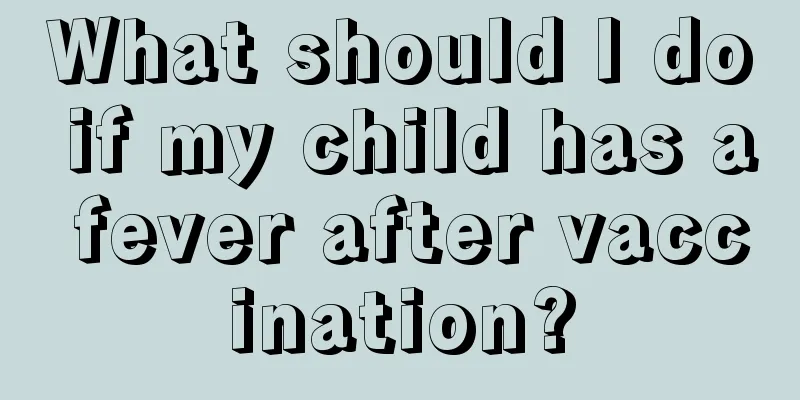Symptoms of intrauterine pneumonia in infants

|
When taking care of their babies, new mothers must be comprehensive. Babies have relatively poor immunity and are easily affected by the outside world. Therefore, they must be careful in all aspects of caring for their babies to avoid causing physical illness and causing harm to the baby. Intrauterine pneumonia is very common in babies, but mothers do not understand the symptoms of such a disease. Symptoms of intrauterine pneumonia in infants: The clinical manifestations vary greatly, and most of the symptoms occur within 24 hours after birth. There is often a history of asphyxia at birth, and after resuscitation, there may be shortness of breath, groaning, difficulty breathing, and unstable body temperature. Poor response. Auscultation of the lungs may reveal rough, reduced or moist rales. In severe cases, respiratory failure, heart failure, shock or persistent pulmonary hypertension may occur. Patients with hematogenous infection often lack pulmonary signs and instead present with multi-system involvement such as jaundice, hepatosplenomegaly and meningitis. There are also cases where the disease progresses to chronic pneumonia several months after birth. The peripheral blood white blood cell count is mostly normal, but may also decrease or increase. Serum IgM and IgA are higher than those of normal newborns. Cord blood IgM>200mg/L or increased specific IgM are of diagnostic significance for prenatal infection. Chest X-rays often show changes of interstitial pneumonia, while bacterial pneumonia shows manifestations of bronchopneumonia. Check the gastric juice 1 to 2 hours after birth, and you will see pus cells and sometimes bacteria. Bacterial culture of external auditory canal pharyngeal swab may be positive. After understanding the symptoms of intrauterine pneumonia in infants, when babies have such conditions, mothers need to send their babies to the hospital in time to treat such diseases in infants. It is necessary to choose suitable medicines for babies so that it will not hinder the growth of the baby. Mothers should also pay attention to this. |
<<: What is the order of teeth growth in children?
>>: What are the methods to relieve infant cough?
Recommend
What should I do if my child has allergic conjunctivitis?
Children are very prone to allergic symptoms. The...
What are the symptoms of neonatal hernia
For baby boys, if the scrotum is swollen and the ...
Complete recipes for two and a half year old babies
We know that diet is very important for babies. A...
What are the benefits of pediatric foot massage?
It is very popular to give babies foot massage no...
Seven-month-old baby sweats on the back of his head while sleeping
After seven months, the baby has grown a lot. The...
What causes eczema in children
There are many causes of pediatric eczema. First ...
Dental enamel hypoplasia in children
Tooth enamel is the hardest tissue in mammals. It...
What is the reason why children have fever and vomiting?
Fever in children is very harmful. If accompanied...
What causes children to be picky eaters?
Parents with children at home often find that the...
Is it okay for children to always sleep on their stomachs?
After birth, the baby will always stick to the pa...
What should I do if my baby has a cut on his chin?
Babies are young, naturally active, and without a...
What are the developmental standards for 1-year-old babies?
The growth and development of the baby is what pa...
Twitching in the middle of the night
I believe many people have had this experience: w...
Is it good or bad for children to speak late? Parenting experts reveal the answer
Every child starts talking at a different time. S...
What to eat for baby with indigestion
The baby is still relatively young, and his body ...









